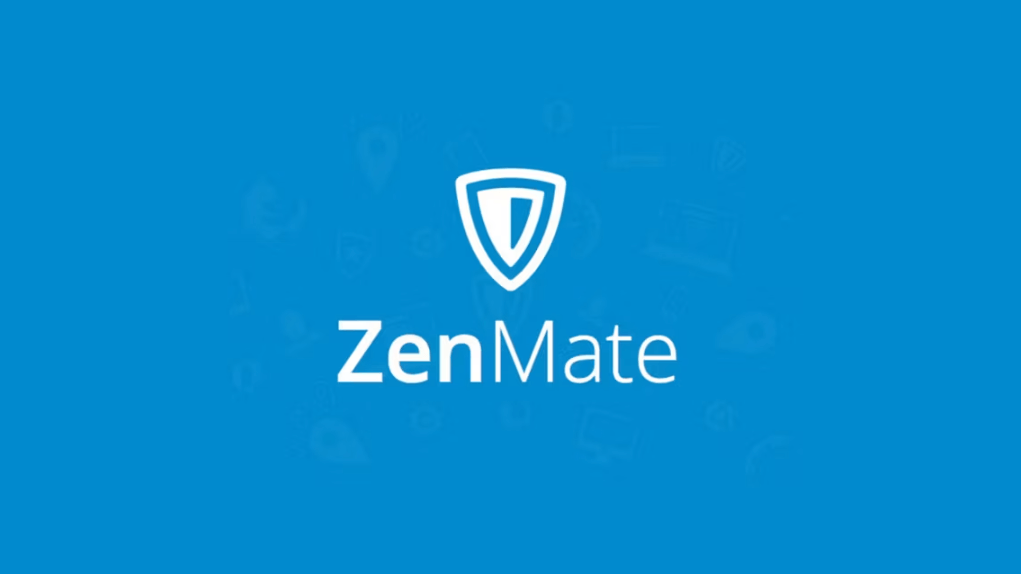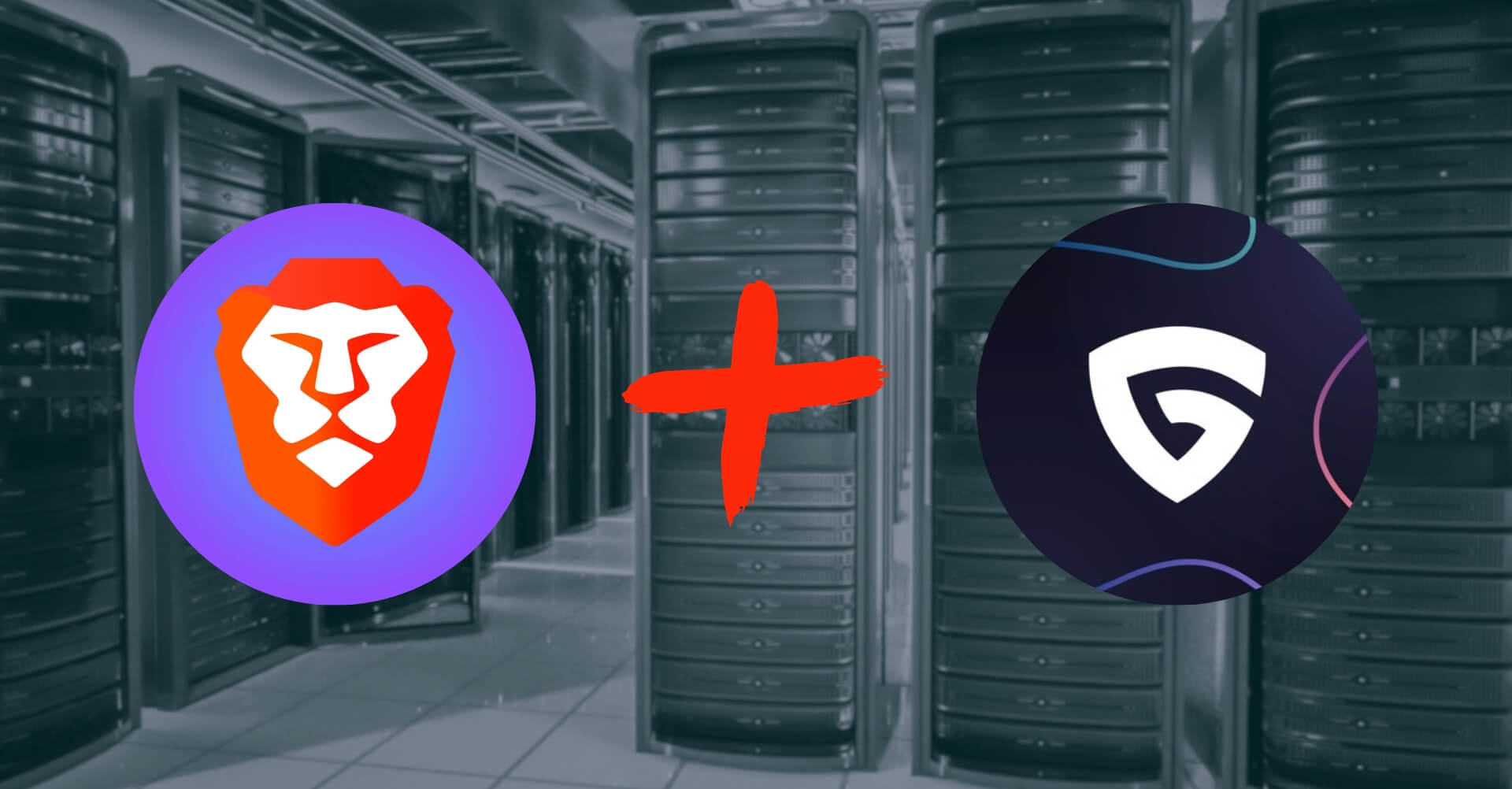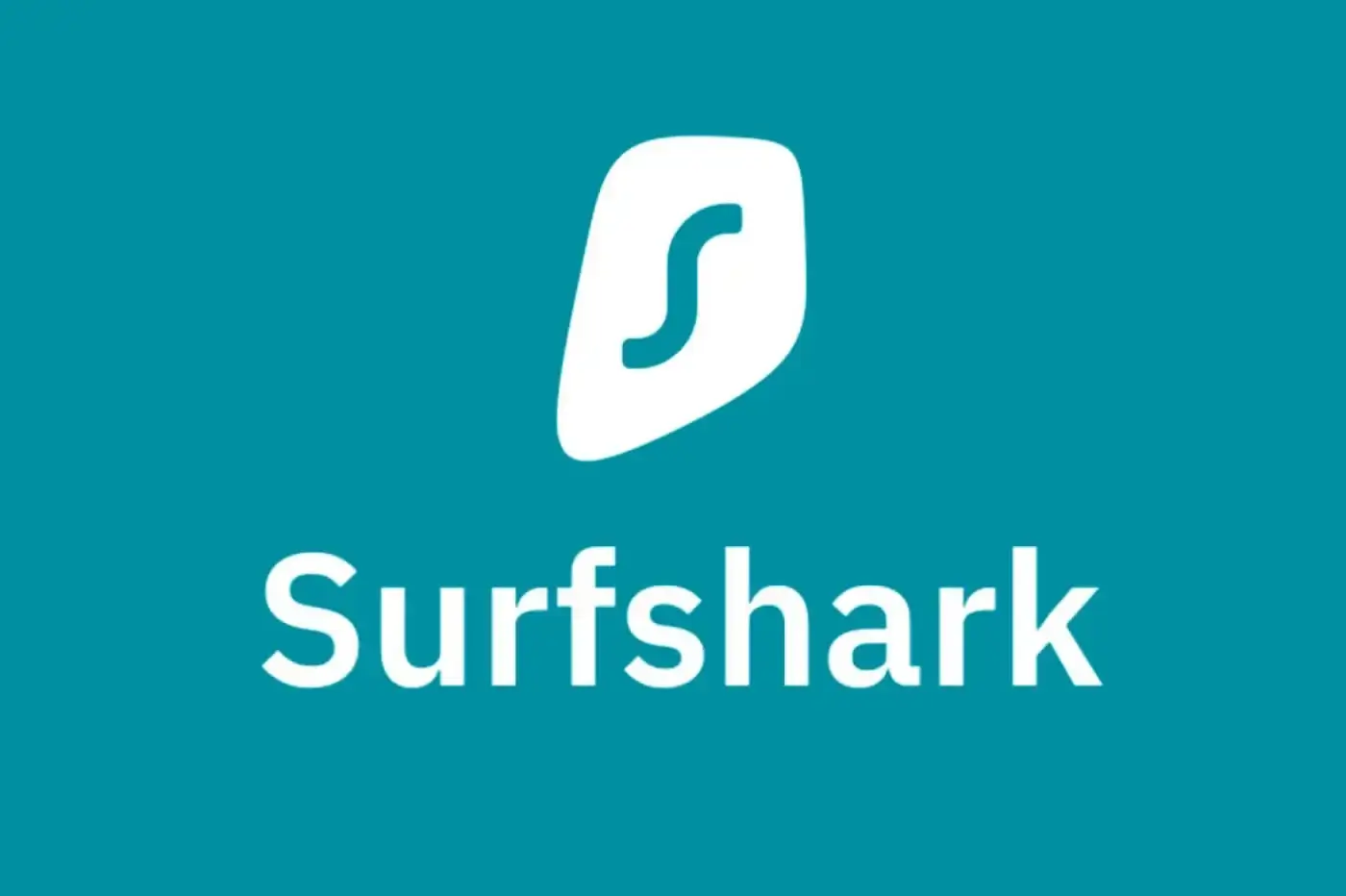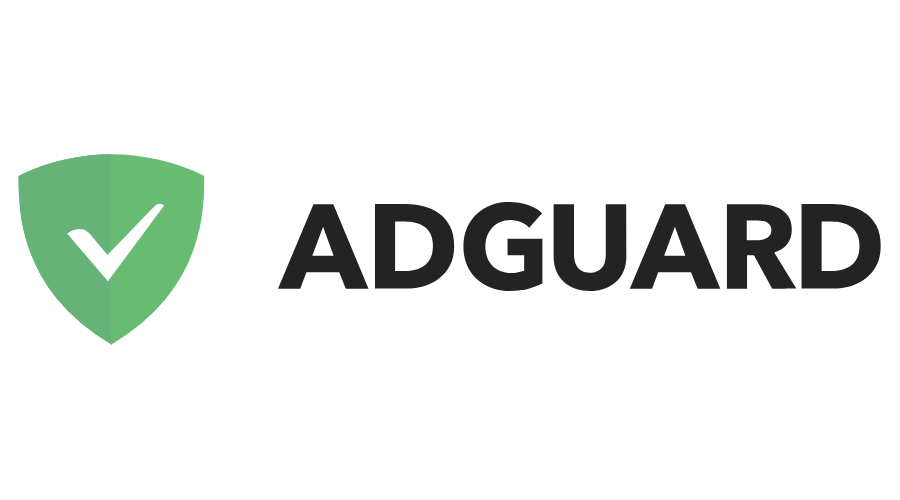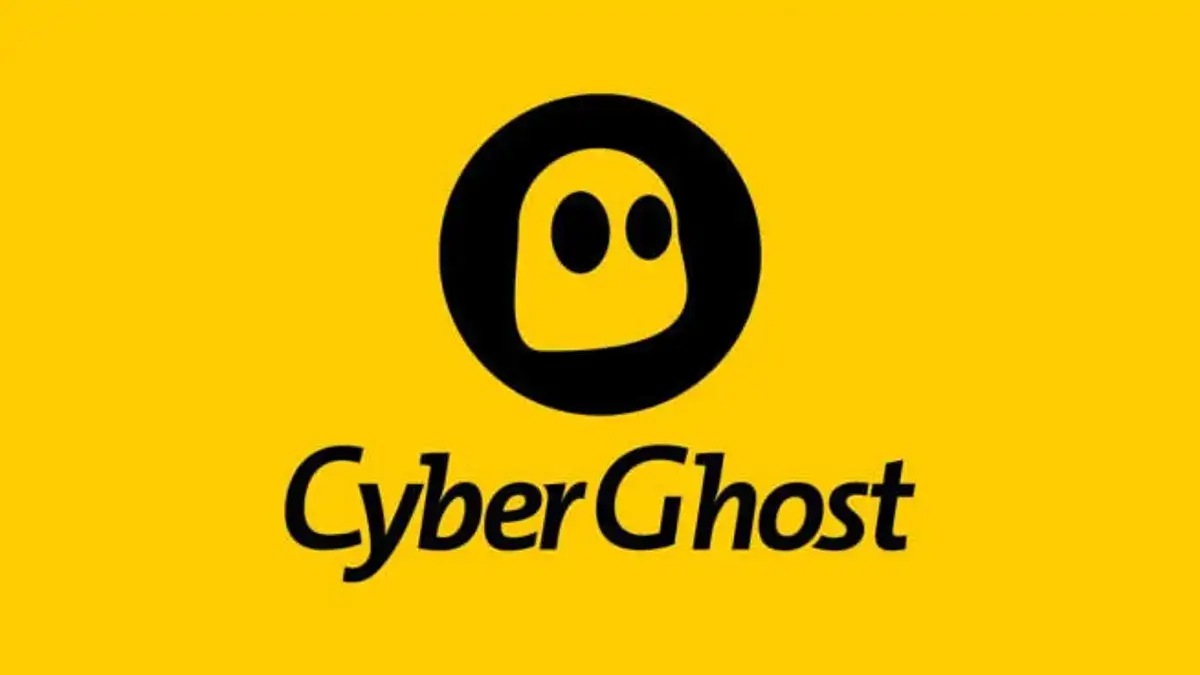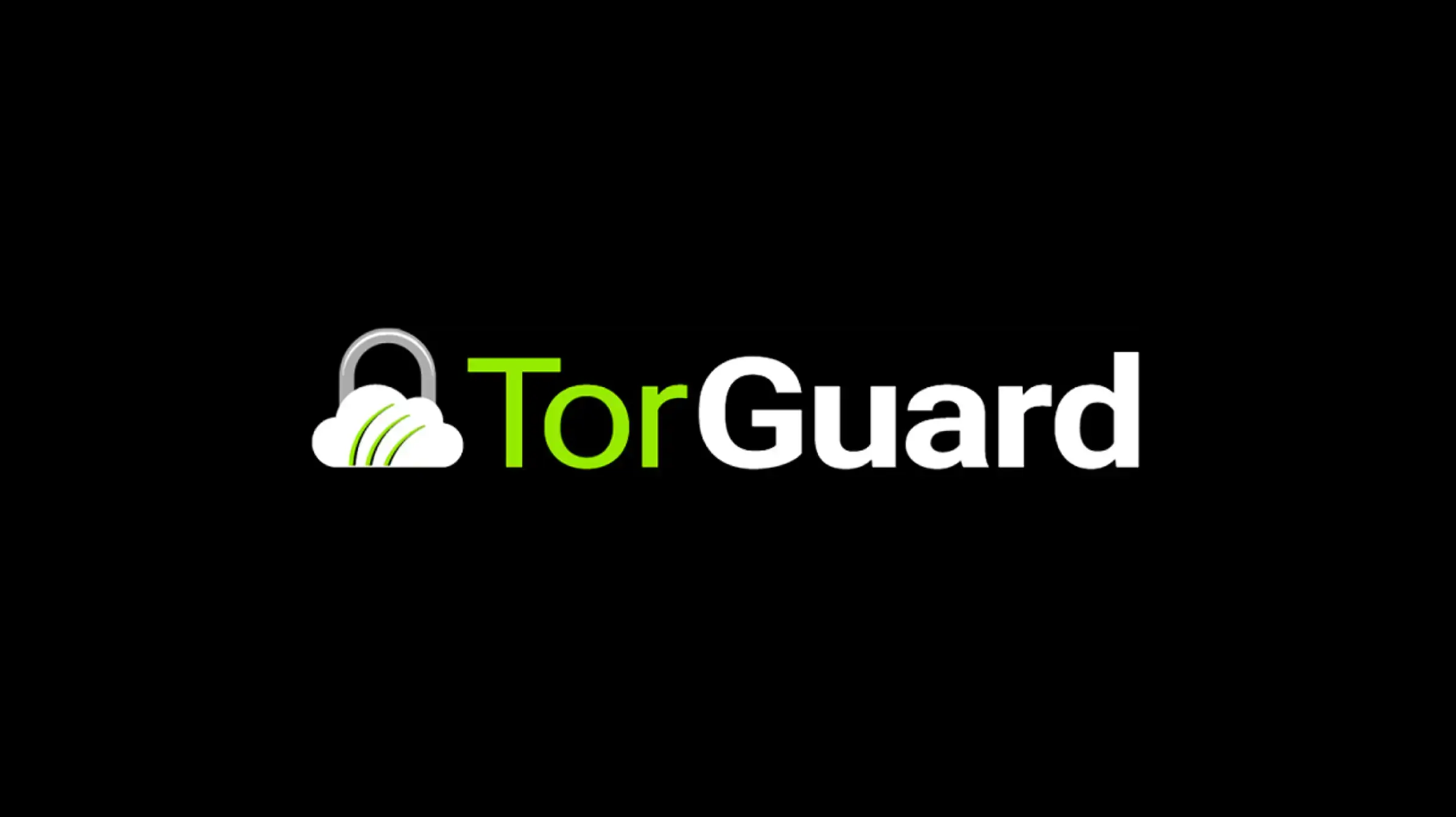Tag: cdn77
-

ZenMate
Zenmate is a virtual private network (VPN) based in Berlin, Germany service that encrypts your internet connection and hides your IP address to protect your online privacy and security. It allows you to access websites and content that may be blocked or restricted in your geographical location. Zenmate offers several different subscription plans that provide…
-

Windscribe
Windscribe, a cross-platform virtual private network (VPN) service provider, was founded by Yegor Sak and Alex Paguis in 2016. Based in Canada, it has grown to operate internationally, supporting a broad range of operating systems and platforms, and providing services to personal computers, smartphones, routers, and smart TVs1. The company’s offerings include OpenVPN, Internet Key…
-

Brave
Brave is a free and open-source browser that prioritizes security and speed by automatically eliminating advertisements and website trackers. Based on the Chromium web browser, this browser was designed by the Brave software developer to provide consumers with an excellent browsing experience. The Brave browser functions on Android, iOS and desktop computers. People can also…
-

Surfshark
Surfshark VPN is one of the most popular VPN services in 2022. Its competitive price and unlimited simultaneous connections make it a very attractive VPN option for all kinds of users. But does this VPN live up to give the actual value for money that it claims? Surfshark also offers thousands of servers worldwide, excellent…
-

AdGuard VPN
AdGuard has offered ad-blocking and tracking protection software for over 10 years, so my expectations of its VPN were reasonably high. On AdGuard’s website, there are several promises. It boasts about providing you with high speeds, the ability to virtually teleport you around the world, and keep you safe online. It also promises you the…
-

CyberGhost VPN
CyberGhost VPN was founded in 2011 in Bucharest, Romania, and initially began as a free VPN service. By the following year, it had gathered around 1.7 million users. In 2017, a notable change occurred when Kape Technologies (then known as Crossrider) acquired CyberGhost VPN. This acquisition brought about concerns among observers due to Crossrider’s background…
-

Aloha Browser VPN
The Aloha Browser is one of the up-and-coming new browser apps for mobiles which targets one of the most important aspects of modern browsing — privacy. The Aloha Browser is the only browser (to our knowledge) that comes with a built-in VPN and encrypts user data at all levels. When you are using Aloha VPN…
-

TorGuard
Table of Contents Network Overview 2019 Security Incident Global Coverage Related Posts TorGuard is a virtual private network (VPN) service that encrypts internet traffic and helps to secure online activity. It is designed to protect privacy and increase security, and is often used to bypass internet censorship and access blocked content. TorGuard is based in…
